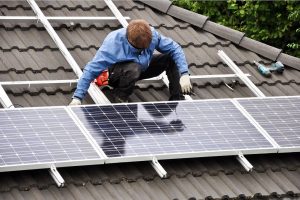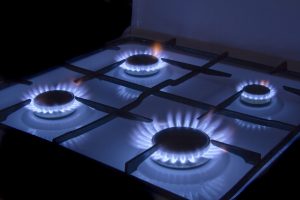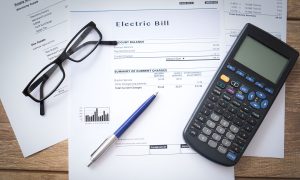Receiving a higher power bill than expected can be a frustrating experience for many Australians. As energy costs continue to rise, it’s essential to understand the underlying factors contributing to increased electricity and gas bills. In this blog post, we’ll explore four possible reasons why your electricity and gas bills may be so high, providing insights on how to reduce power bills effectively. With trusted solutions from Off The Grid, we’ll help you navigate these challenges and explore ways to make your energy consumption more efficient.
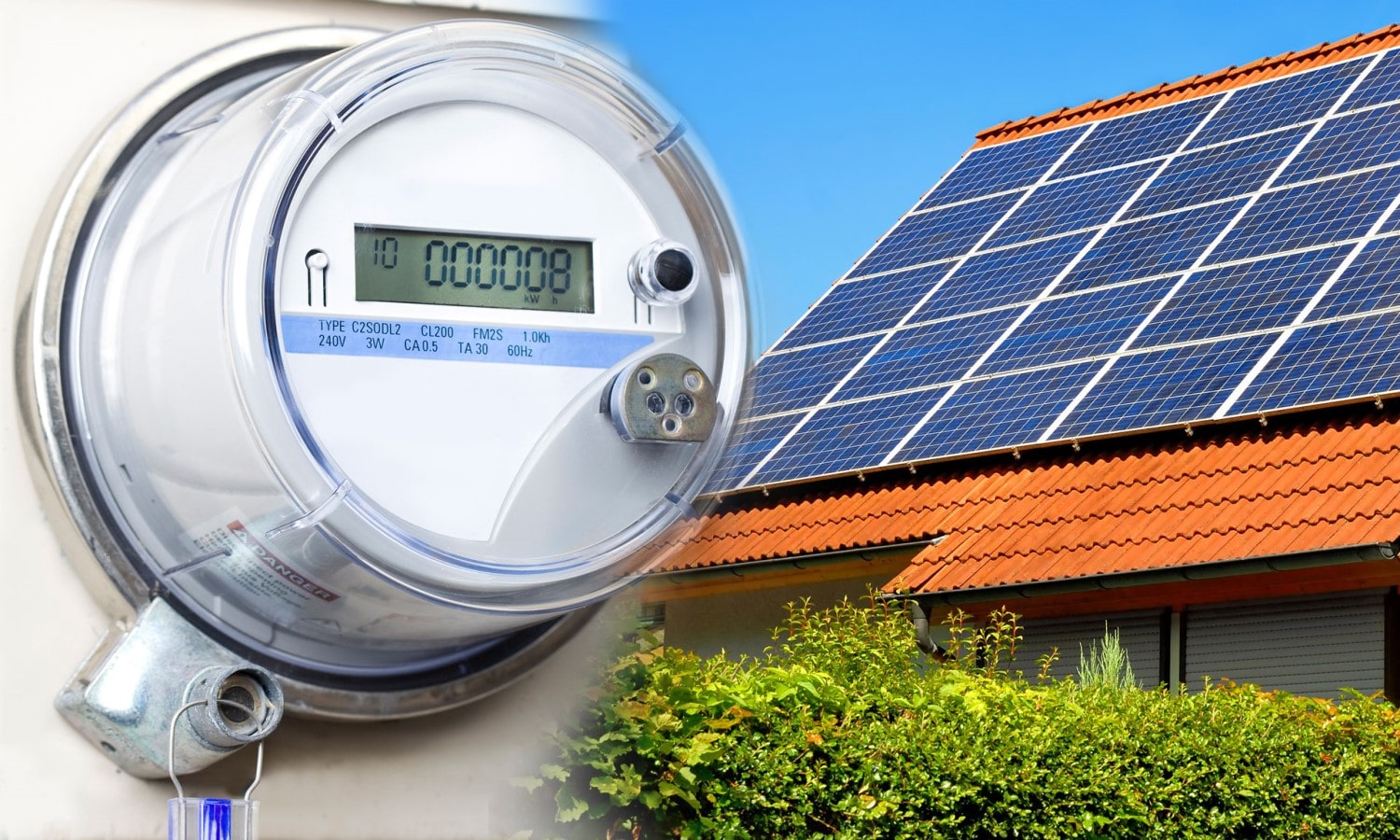
-
Seasonal Changes and Usage Patterns
One of the primary reasons why your electricity and gas bills may spike is the change in seasons and associated usage patterns. During summer months, air conditioning units are often overworked, leading to increased electricity consumption. Similarly, in winter, heating systems use more gas and electricity to keep homes warm.
Impact of Seasonal Changes
-
Summer:
In Australia, the summer heat can lead to air conditioning running for extended hours. This is especially true for households where multiple cooling units are employed. It’s not uncommon for families to experience a significant increase in their monthly electricity bills during these months.
-
Winter:
The average gas bill for a four-person household can also see a rise in winter, as central heating and hot water systems consume more gas to keep homes comfortable. This change in usage patterns can lead to a sudden jump in monthly bills.
To combat seasonal spikes, consider using energy-efficient appliances and setting thermostats at comfortable but not excessive temperatures. Employing ceiling fans in summer to circulate air and utilizing proper insulation during winter can also help manage your energy consumption.
Tips to Manage Seasonal Usage:
- Set Temperature Wisely: In summer, set air conditioning to 24-26°C, and in winter, aim for a comfortable 18-20°C.
- Limit Cooling/Heating Hours: Use appliances strategically, turning them off when they are not needed.
- Use Fans: Ceiling fans can help distribute cool air in summer and retain warm air in winter.
-
Increased Appliance Usage
Another factor contributing to higher electricity and gas bills is the increased usage of household appliances. Modern conveniences, while beneficial, can lead to significant energy consumption if not used wisely.
Common Appliances and Their Impact
-
Heating and Cooling Systems:
As mentioned, heating and cooling systems can account for a large portion of your energy bill. Using them inefficiently or running them longer than necessary can lead to unnecessary costs.
-
Kitchen Appliances:
Dishwashers, ovens, and microwaves can consume considerable energy. For instance, using a dishwasher during off-peak hours and ensuring it is full before running can help reduce electricity consumption.
-
Laundry Appliances:
Washing machines and dryers are often used frequently, especially in larger households. Using cold water for laundry and drying clothes on a line instead of in the dryer can lead to significant savings.
Strategies to Reduce Appliance Usage:
- Opt for Energy-Efficient Appliances: When it’s time to replace an appliance, look for energy-efficient models with high star ratings.
- Monitor Your Usage: Consider using smart plugs or energy monitors to track the usage of various appliances, enabling you to identify which devices consume the most energy.
- Educate Family Members: Ensure that all household members are aware of energy-saving practices, encouraging collective responsibility.
-
Changes in Energy Rates
One of the more frustrating aspects of rising power bills is changes in energy rates. Understanding why electricity is so expensive in Australia can shed light on fluctuations in your monthly bills. Factors contributing to this include:
Energy Market Dynamics
-
Wholesale Energy Prices:
The wholesale price of electricity can fluctuate based on demand, supply, and changes in fuel prices. For example, if demand outstrips supply during peak times, prices can rise significantly.
-
Network Costs:
These are the costs associated with maintaining the infrastructure required to deliver energy to your home. As these costs rise, they are typically passed on to consumers.
-
Government Policies:
Regulations and incentives can also impact energy costs. Policies aimed at promoting renewable energy, while beneficial in the long run, can lead to short-term price increases.
Tips to Manage Rate Changes:
- Shop Around for Better Rates: Regularly compare electricity providers to ensure you are on the best plan for your needs. Many comparison websites can help you easily evaluate options.
- Consider Time-of-Use Plans: Some energy providers offer plans that charge different rates based on the time of day. Shifting your energy-intensive activities to off-peak hours can lead to significant savings.
-
Inefficiencies in Home Energy Use
A less obvious but critical reason for high power bills is inefficiencies in how energy is used within your home. Drafty windows, poorly insulated walls, and old appliances can all contribute to increased energy consumption.
Identifying Energy Inefficiencies
-
Insulation Issues:
Insufficient insulation allows heat to escape in winter and enter in summer, forcing your heating and cooling systems to work harder.
-
Drafts:
Gaps around doors and windows can lead to significant energy loss, resulting in higher bills.
-
Outdated Appliances:
Older appliances tend to be less energy-efficient, using more electricity and gas than their modern counterparts.
Solutions for Improving Energy Efficiency:
- Invest in Insulation: Ensure your home is properly insulated to maintain a consistent temperature throughout the year.
- Seal Drafts: Use weather stripping and caulk to seal any gaps around doors and windows.
- Upgrade Appliances: If you’re using older appliances, consider replacing them with energy-efficient models. Although this requires an upfront investment, the long-term savings on your bills can be substantial.
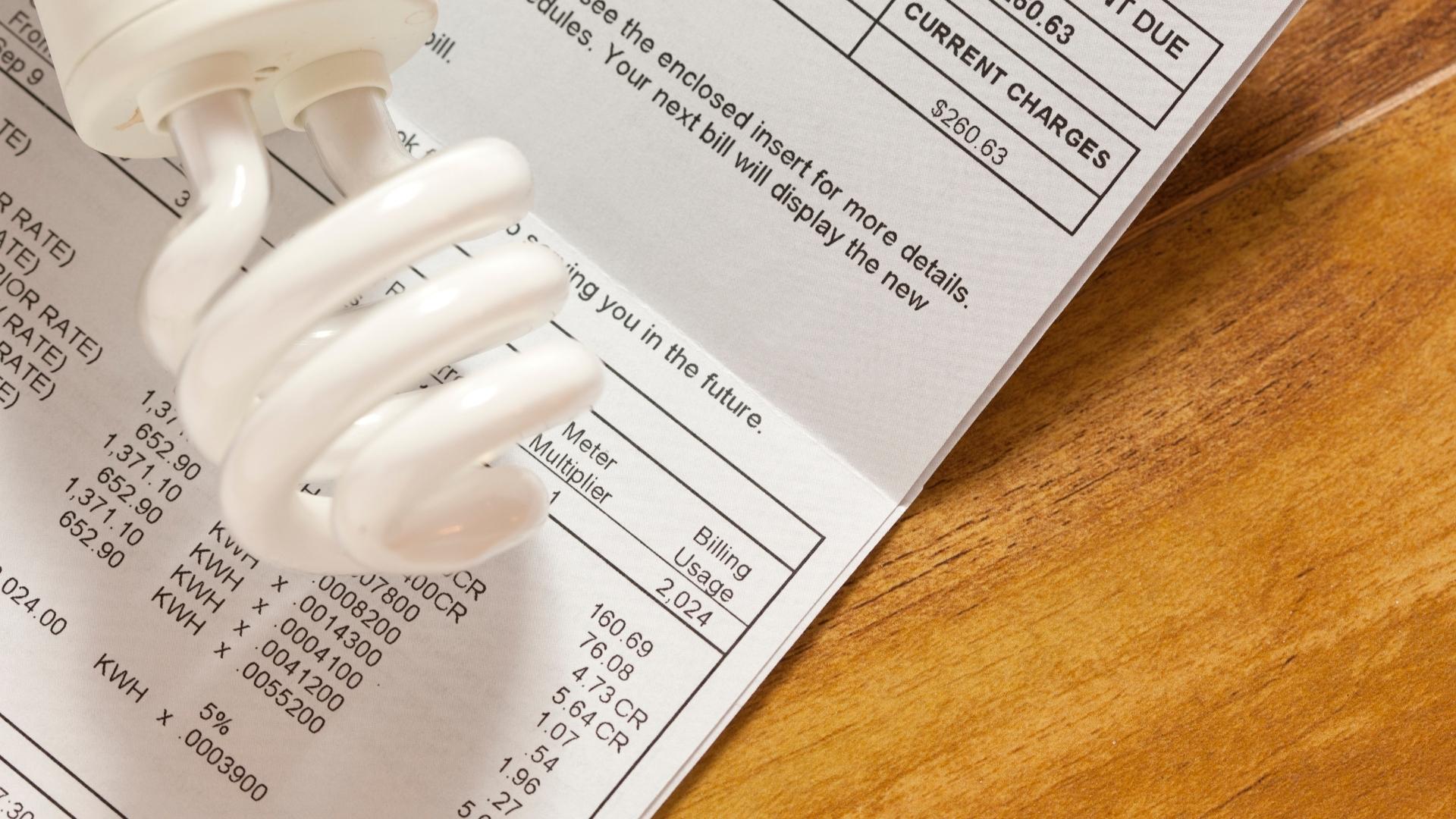
Solar Solutions
For those looking to combat high electricity and gas bills, transitioning to solar energy is a viable option. Off The Grid offers reliable and affordable solar panel solutions for both residential and commercial needs. By harnessing the power of the sun, you can reduce your reliance on grid electricity, thereby lowering your overall energy costs. Solar systems can significantly decrease your electricity bills and provide a sustainable energy source for your home.
Conclusion
Receiving a higher power bill can be a perplexing experience, but understanding the potential causes can help you identify solutions. Whether it’s seasonal changes in energy usage, increased appliance consumption, fluctuating energy rates, or inefficiencies in home energy use, there are actionable steps you can take to reduce your power bills.
Make it a priority to evaluate your energy usage, consider the factors discussed, and implement these strategies to create a more energy-efficient home. With these measures, you can combat the rising costs of electricity and gas, ensuring that your household remains comfortable without breaking the bank.

